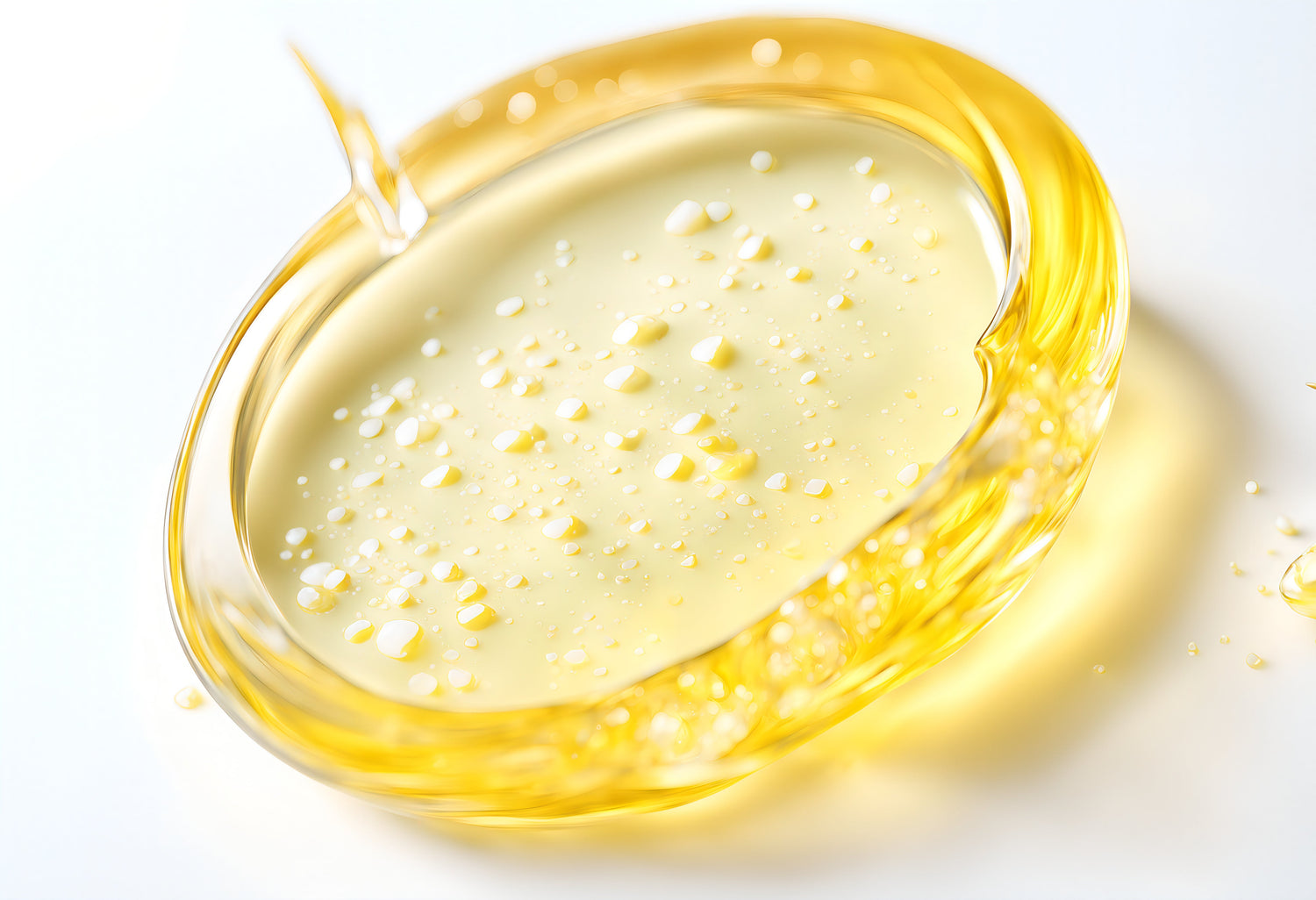Introduction
So, you want to know about the benefits of Marula oil? Years ago, rosehip oil was the darling of the natural skincare world, and for a good reason: it's packed with antioxidants and essential fatty acids that are great for your skin. But now there's a new sheriff in town—Marula oil. Here's why Marula oil is better for your skin type:
First, Marula oil has a lighter texture than most other oils, making it a great choice for people with oily skin. It absorbs quickly and doesn't leave your skin feeling greasy.
Second, Marula oil is very moisturizing—even more so than rosehip oil. If your skin is dry or parched, Marula oil is the perfect solution.
Third, Marula oil contains high levels of antioxidants, which help to protect your skin from the damaging effects of free radicals.
Fourth, Marula oil is non-irritating and non-sensitizing, making it a great choice for people with sensitive skin.
So, what are you waiting for? Try Marula oil today!
What's the Difference Between Marula Oil and Rosehip Oil?
So, what's the difference between Marula oil and Rosehip oil?
Marula oil is an ideal choice for those with dry skin as it provides intensive moisture coverage. Rosehip oil, on the other hand, is suitable for all skin types and helps to hydrate dry or irritated skin. Marula oil is also lightweight and fast-absorbing, making it a great choice for those who want the benefits of an oil without the greasy feeling.
Benefits of Marula Oil
So, what are the benefits of Marula oil?
Well, for starters, Marula oil is high in oleic acid, whereas rosehip oil is high in linoleic acid. This is important to note because oleic acid is a comedogenic fatty acid, which means that it can clog pores. Conversely, linoleic acid is a non-comedogenic fatty acid, meaning that it doesn't clog pores.
Both oils offer a wealth of beneficial fatty acids, vitamins, and antioxidants. However, Marula oil contains more saturated fatty acids than rosehip oil, making it a more stable oil that is less prone to oxidation. Additionally, Marula oil contains more anti-inflammatory agents than rosehip oil.
How to Use Marula Oil
Here's the thing about Marula oil: it contains linoleic acid, which helps to keep skin moisturized. Rosehip oil, on the other hand, absorbs quickly and is great for hydration—especially for dry or irritated skin. Plus, both oils offer a blend of fatty acids, vitamins, and antioxidants that are beneficial for the skin.
Which Is Better for Your Skin Type: Marula or Rosehip Oil?
Now that you know a little bit more about Marula and rosehip oil, it's time to decide which one is right for your skin type. Marula oil is best for dry skin types, as it provides hydration and moisture. Rosehip oil, on the other hand, is more suitable for oily or acne-prone skin types. Both oils are rich in fatty acids, vitamins, and antioxidants, so whichever one you choose, you're sure to get all the benefits!
Common FAQs About Using Marula Oil
Now that you know a little bit more about Marula oil and rosehip oil, let's address some common questions people have about using these oils on their skin.
Is rosehip oil better for acne-prone skin?
Rosehip oil is a good choice for people with acne-prone skin, as it's light in texture and won't clog pores. but Marula oil is a better option for people with acne-prone skin, as it's rich in antioxidants and vitamins that can help to reduce inflammation.
Is Marula oil better for mature skin?
Yes, Marula oil is an excellent choice for mature skin, as it's high in oleic acid (an omega-9 fatty acid that helps to keep skin looking plump and youthful). Rosehip oil is also a good option for mature skin, as it's rich in antioxidants and essential fatty acids that can help to reduce the appearance of fine lines and wrinkles.
Which oil is better for oily skin?
If you have oily skin, rosehip oil is a better choice, as it won't clog pores or leave your skin feeling greasy. Marula oil is also a good option for people with oily skin, as it's light in texture and quickly absorbed by the skin.
Conclusion
So, when it comes to Marula oil vs rosehip oil, what makes Marula oil so great? It's all in the composition of the oil. Marula oil is high in antioxidants, including vitamin C and E, as well as oleic and palmitic acids. These substances fight free radicals, which can damage skin cells and lead to premature aging. Rosehip oil, on the other hand, contains a high percentage of linolenic acid, which is an essential fatty acid that is beneficial for the skin. However, it does not contain as many antioxidants as Marula oil.









